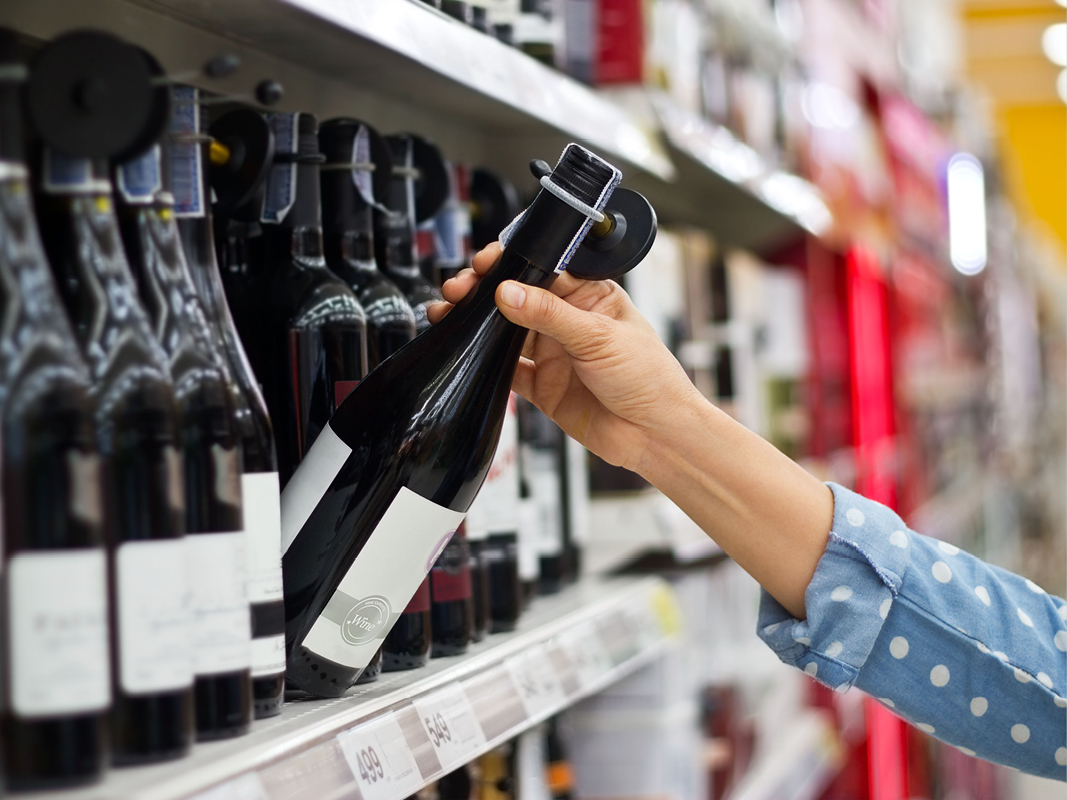
BWS sales continue to fall in grocery sector
Grocery alcohol sales fell by 6% for the 12 weeks to 3 October due to the impact of the reopening of the on-trade, the latest data from Kantar has revealed.
The statistics, which are in comparison to this time last year, have been impacted by the fact that in 2020 there was a restricted on-trade as the country was headed towards another lockdown.
The decline in BWS sales in the second half of 2021 is a continuing trend as data released by Kantar last month indicated that UK drinkers were consuming less alcohol at home, with total grocery sales of BWS falling significantly over the three months to 5 September.
Fraser McKevitt, head of retail and consumer insight at Kantar, said it is not all ‘doom and gloom’, however.
“There is more of a celebratory mood as sparkling wine is up 4%,” he told Harpers.
“I am presuming that is linked a little bit with people getting together socially perhaps before going out or having parties in the house.”
Sales of flavoured alcoholic beverages were up 11% during the period boosted by innovation in the pre-mix sector with products such as Jack Daniel’s Tennessee Honey Whiskey and Lemonade and the continued proliferation of hard seltzers, McKevitt revealed.
However, the health and wellbeing trend is continuing with growth in the non-alcoholic beer sector up 15% year-on-year. This is still a small category as in the 12-week period non-alcoholic beer was worth £17m compared to £680m on the standard beer and lager category.
Overall grocery sales fell by 1.2% year-on-year in the 12 weeks to 3 October 2021 but are considerably higher than pre-pandemic times, up 8.1% compared with the same period in 2019, Kantar said.
It also revealed that consumer behaviour continues to creep back to pre-pandemic habits and retailers that made significant gains last year are beginning to return to normal.
However, Christmas could be different this year.
“I can see Christmas buying happening a little earlier this year for sales,” added McKevitt.
“We are likely to see a relatively celebratory Christmas because Christmas for many didn’t happen last year. There will be a lot of pent up family and friend celebrations. I think it could be a healthy Christmas for the supermarkets but how much of this is shared with the alcohol sector remains to be seen as the on-trade is open and available and wanting our business.”
Keywords:
- UK
- Beer
- Christmas
- sales
- alcoholic
- sector
- year
- BWS
- last year
- last
- Kantar
- Grocery
- Grocery Sales
- non alcoholic
- non alcoholic beer
- pre pandemic
- alcoholic beer
- lager category overall
- worth £17m compared
- period non alcoholic
- week period non




